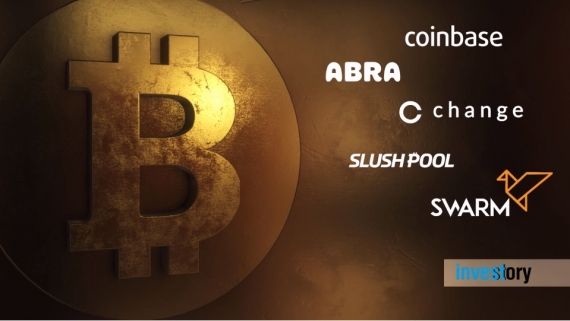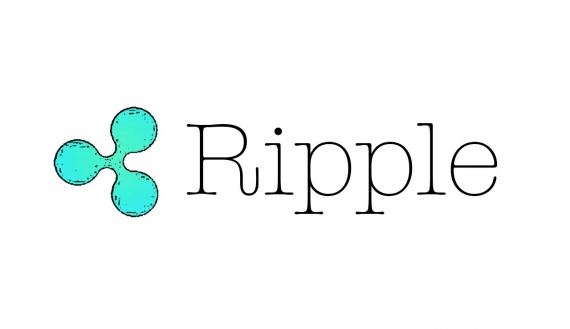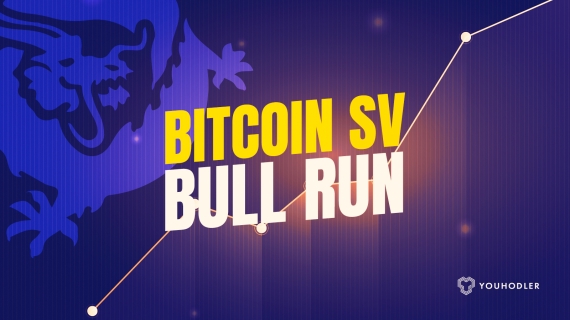
ICO Scams: How to Avoid Them and Make More Money
Somewhere along the line, initial coin offerings (ICO) went from a revolutionary concept to an easy way for scammers to line their pockets. Despite these dangerous risks, ICOs are still incredibly popular amongst crypto investors. So what do they know that the rest of the world doesn't? Why are these experts making huge amounts of money without getting scammed? Well, it all comes down to a little knowledge. Luckily for you, all that knowledge is free to share and now, you'll know how to spot ICO scams.
ICO SCAMS START WITH THE TEAM
Just simply going to a website and seeing the team there is not enough. Get your hands dirty. Find out everything you can about every member of that team. Take an especially close look at the developers and advisors. Some good signs to look out for are if the team has experience in cryptocurrency, financial technology or any other reputable industry.
ICO SCAMS FOUND ON FORUMS
Of course, not all the answers are found on crypto forums but it's a good place to start. For example, Bitcointalk.org is the largest forum out there for bitcoin and cryptocurrency related topics. It's also a fantastic resource to spot a scam. Let's say someone goes on the forum to promote their new ICO. Click on their profile to do some research. If they just created an account that day and lack experience on the forum, that's a red flag. The only people you should trust on forums like this are ones that have a high rank and level of activity.
ICO SCAMS LACK TRANSPARENCY
If you're running a fraudulent operation, odds are you won't go telling everyone about it. Hence, transparency is a key factor in how real a project is or not. If you see a startup you're interested in, then go check out their Slack and Telegram channels. Also, see if they have a blog or social media account where they release regular updates regarding their project. The more open they are about the process, the more likely it is they are real.
ICO SCAMS ARE TOO GOOD TO BE TRUE
"Unlimited caps" and "100% pre-sale bonuses" might sound good at first but be careful before you pull the trigger on this investment. Avoid startups that have to advertise unlimited caps. or. As more coins are in circulation, the less unique a token becomes for trading afterward. This is a simple lesson in supply and demand. On the other hand, you also want to avoid "hard caps." After all, you don't want to be the only one investing in the project because then your tokens will have little to no value.
ICO SCAMS HAVE A CONFUSING WHITEPAPER
Whitepapers are never fun to read but if you really want to spot a true, honest project then you need to do it. Simply having a whitepaper doesn't mean a company is legit or not. It's all about what's inside. Often times, scammers will load a whitepaper with so many dense, technical and confusing words that you have no idea what's really happening. Sure, it might look cool but what does it all mean?
Ultimately, a whitepaper should tell you clearly and efficiently what the project does and what sort of value it brings to the world. If you can't answer that question by the end of it, then take your money elsewhere.
As you can see, finding an honest ICO takes some work but there are still plenty of promising platforms out there to give this ecosystem hope for the future. Just don't give up and remember to always do your own research.







